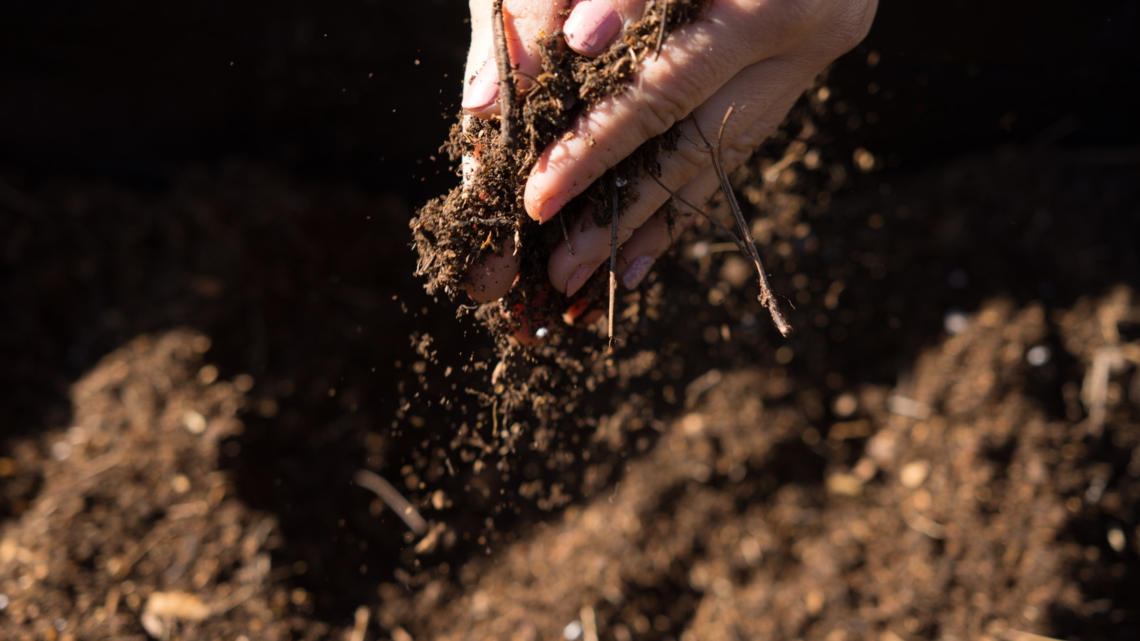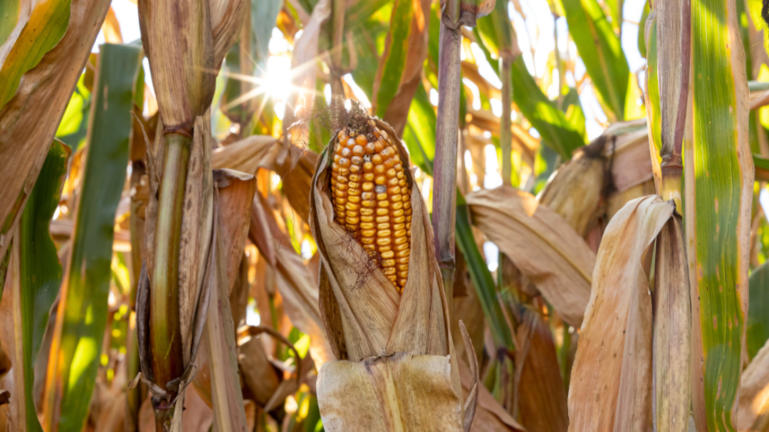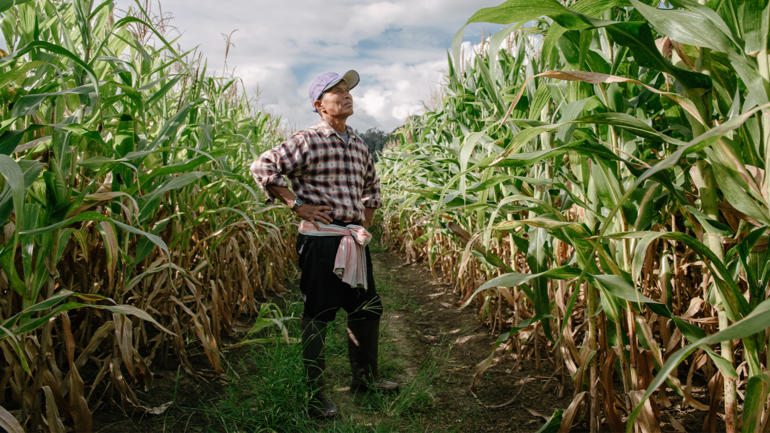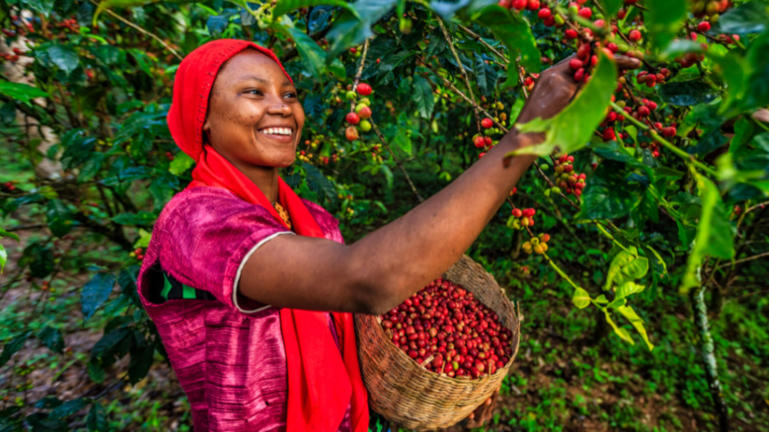Brussels, 5 July 2023 – Today, members of a leading international business coalition for the protection and restoration of biodiversity have welcomed the European Commission’s initiative for an EU Soil Monitoring Law.
Representing a significant share of the European agri-food industry, One Planet Business for Biodiversity (OP2B) strongly believes that preserving soil health is a crucial issue not only for preserving European food sovereignty, but also for maintaining water quality and the health of EU citizens.
Stefania Avanzini, OP2B Director says: "The EU needs to go further to tackle the trend of deteriorating soil health in Europe”.
OP2B is calling on the EU’s Member States and the European Parliament to raise the ambition of this proposal to create the conditions for a level playing field and for a sustainable scale up of regenerative agriculture.
The coalition acknowledges the worrying state of the EU soils. As scientific research shows, yields of staple crops started stagnating in the mid-1990s in Europe and would now be 20% higher than in the 1990s if crop yields had followed the 1950-90 trend in Europe. This stagnation or decrease of cereal yields in major EU countries confirms the urgent need to adopt and scale up sustainable soil management practices in Europe.
OP2B stresses the need to create a level playing field for a harmonized and coordinated scaling up of sustainable management practices across all European countries and to mobilize both public and private efforts. Only a coordinated effort will make it possible to achieve the EU’s Green Deal goals and sustainably protect soil health, the coalition believes.
Despite the worrying state of EU soils and the solutions mentioned in the proposal, it fails to propose an ambitious framework for coordinated development of soil health at the European level. Without clear guidance and a unified framework, the proposal does not set out the path for a harmonized and coordinated scaling up across all European countries.
OP2B’s Avanzini says: “We very much value the importance the Commission gives to agriculture and its central role in the management of soil. Still, we would have appreciated the Commission grasping the magnitude of the efforts needed to move to sustainable management practices and mobilize the necessary funds to support the transition to regenerative agriculture at scale.”
OP2B’s members are convinced that restoring ecosystem services and soil health would benefit from the EU’s strengthening its guidance and taking a systemic approach to soil management in agriculture. Existing holistic farming approaches, which have a track record of efficiency, should be supported by the soil health law proposal and regenerative agriculture is one of them.
Pascal Chapot, Group Head of Sustainable Agriculture Development at Nestlé, has seen the benefits of regenerative agriculture on the ground: “Our programs in Europe clearly show that implementing regenerative agriculture pays off, as it improves soil health and fertility, benefiting farmers and contributing to decarbonizing the sector. The EU must ensure that more funding is directed to farmers to support them in restoring soil health and improve biodiversity through their production system”. Nestlé has pledged to invest €1.2 billion by 2025 to stimulate the transition to regenerative agriculture across its supply chains.
Facundo Etchebehere, Danone Senior Vice President for Sustainability Strategy and Partnerships, reaffirmed the French multinational’s commitment to pioneer and scale regenerative agriculture models, including by ensuring 30% of key ingredients sourced directly come from farms that are transitioning to regenerative agriculture by 2025. “Healthy soils are essential for healthy food. It is critical to transform agricultural practices so that we can begin to reverse the trend of soil degradation and build resilient soils,” he said.
OP2B members are helping achieve the goals of the legislation proposal through the deployment of regenerative agriculture in their supply chains, but support from public policies is needed in order to reach scale.
Hanneke Faber, Unilever’s President Nutrition, says that “a successful transition to regenerative agriculture will help meet many of the objectives of the new Soil Health Law and hence it must be acknowledged and supported in this legislation.” The company will help protect and regenerate 1.5 million hectares of land, forests and oceans by 2030 and source 50% of its food ingredients from regenerative agriculture by 2027.
OP2B members are investing significant resources to reverse the impacts of soil degradation on agricultural production as the burden of the necessary transition to regenerative agriculture cannot be shouldered by farmers alone but call on the Commission to strengthen the financial component of its proposals to meet the challenges and necessary agricultural transition effectively.
The transition to more sustainable farming approaches, such as regenerative farming, is a major opportunity to improve soil health, its preservation, and restoration. OP2B, therefore, calls on Member States and the EU Parliament to raise the ambition of this text, create the condition of a level playing field, as well as the ones for a sustainable scale up of regenerative agriculture.








